Blog Posts Tagged Technical Content

Best Practice for Working with Model M-Files
Want to avoid repeating your work when developing models in COMSOL Multiphysics®? Here, we give a comprehensive collection of best practices for working with MPH-files.
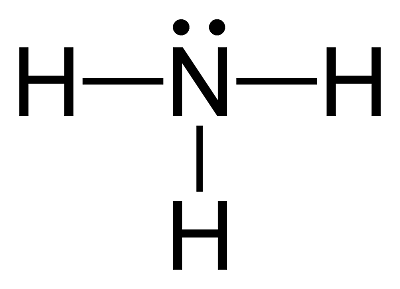
Ammonia Synthesis, a Complex and Nonlinear Process
In the final installment of our Chemical Kinetics blog series, we discuss the complex and nonlinear process of synthesizing ammonia. Get an overview of the equations and modeling considerations.

Modeling Thermal Fatigue in Nonlinear Materials
2 challenges when simulating fatigue in nonlinear materials: 1.) Correctly representing the material behavior and 2.) finding a fatigue model that captures the life-controlling mechanism.
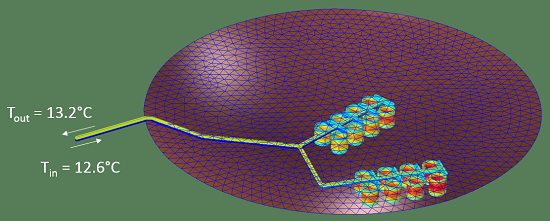
How to Integrate Functions Without Knowing the Limits of the Integral
Did you know that the COMSOL® software can solve integrals as well as partial differential equations? Learn how to integrate functions — even without knowing the limits of the integral.

The Strength of the Weak Form
Learn about the origins of the weak form equations, how to derive them from classic equations, how to express them in the COMSOL Multiphysics® syntax, and more >>
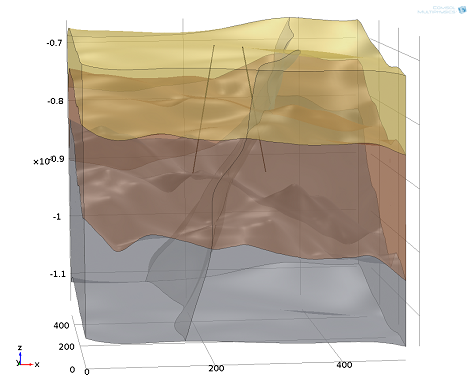
Coupling Heat Transfer with Subsurface Porous Media Flow
Part 2 of the Geothermal Energy series: We couple heat transport and subsurface flow processes to determine the thermal development of the subsurface due to geothermal heat production.
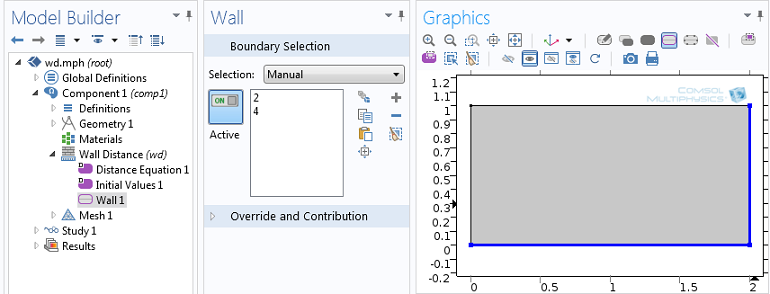
Tips for Using the Wall Distance Interface
The Wall Distance interface can be used to calculate the distance to the nearest wall or detect when a moving object will hit a wall. Learn how to implement this interface in CFD simulations.
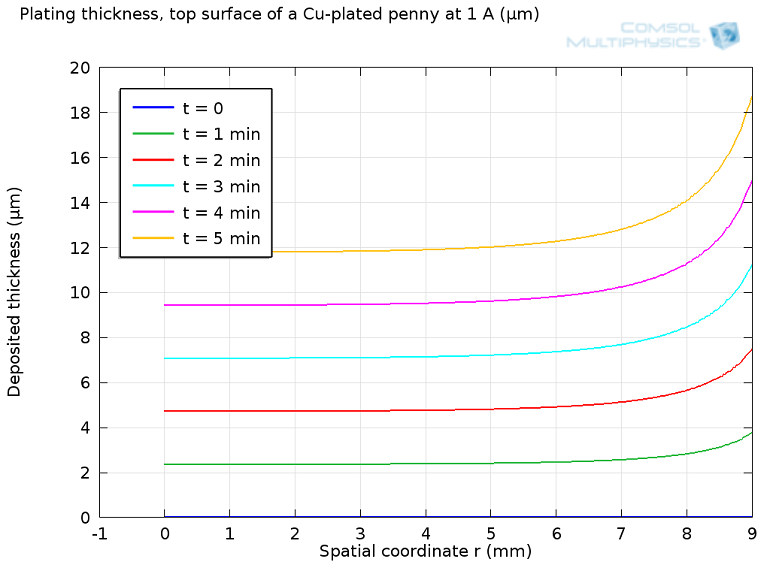
Electroplating: How the U.S. Mint Makes a Penny
Did you know that a penny actually doesn’t contain a lot of copper? Learn about how the U.S. Mint makes pennies through the process of electroplating, which can be studied with chemical modeling.
